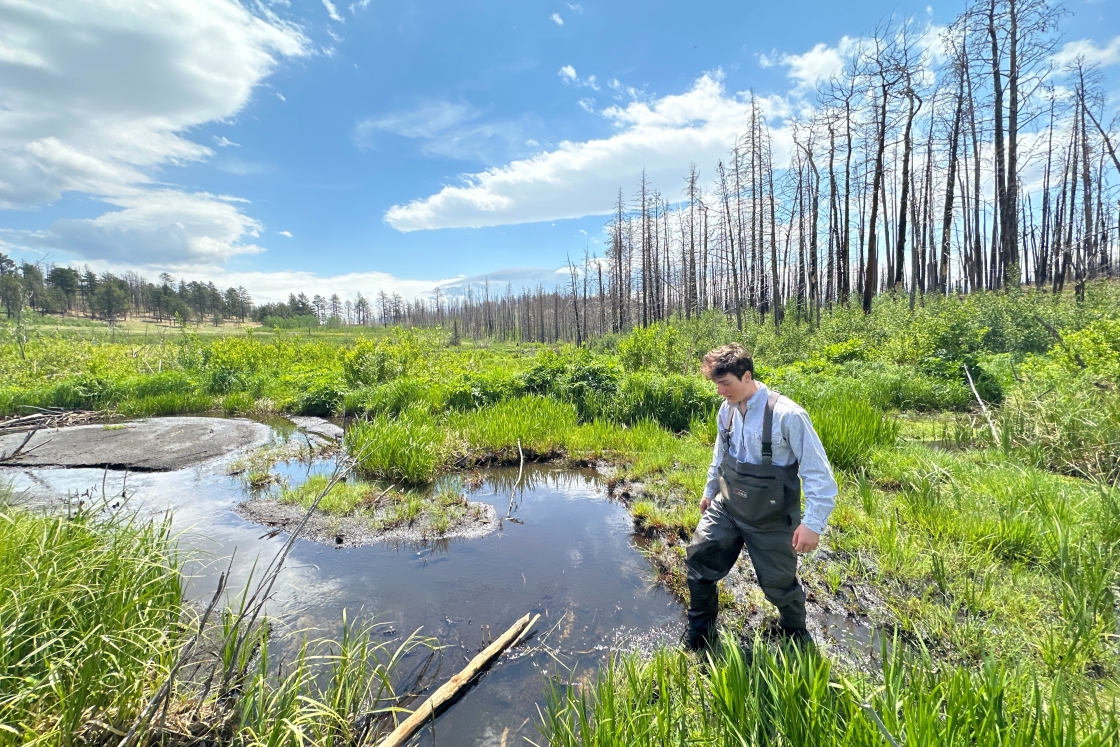
During the study, Newcastle University scientists measured the amount of caffeine found naturally in the nectar of certain flowering plants. They found that the caffeine in the nectar from coffee plant blossoms, for example, had approximately the same concentration as a cup of coffee. Bees were more apt to remember flowers that offered a caffeine hit, the study found.
Many plants contain bitter compounds, including caffeine, which act as deterrents to keep animals from eating them, ScienceNews reports, and it’s common for the compounds to show up in the nectar. “It’s very paradoxical and surprisingly common,” says Irwin, an associate professor in the Department of Biological Sciences.
Read the full story, published 3/7/13 by ScienceNews.
